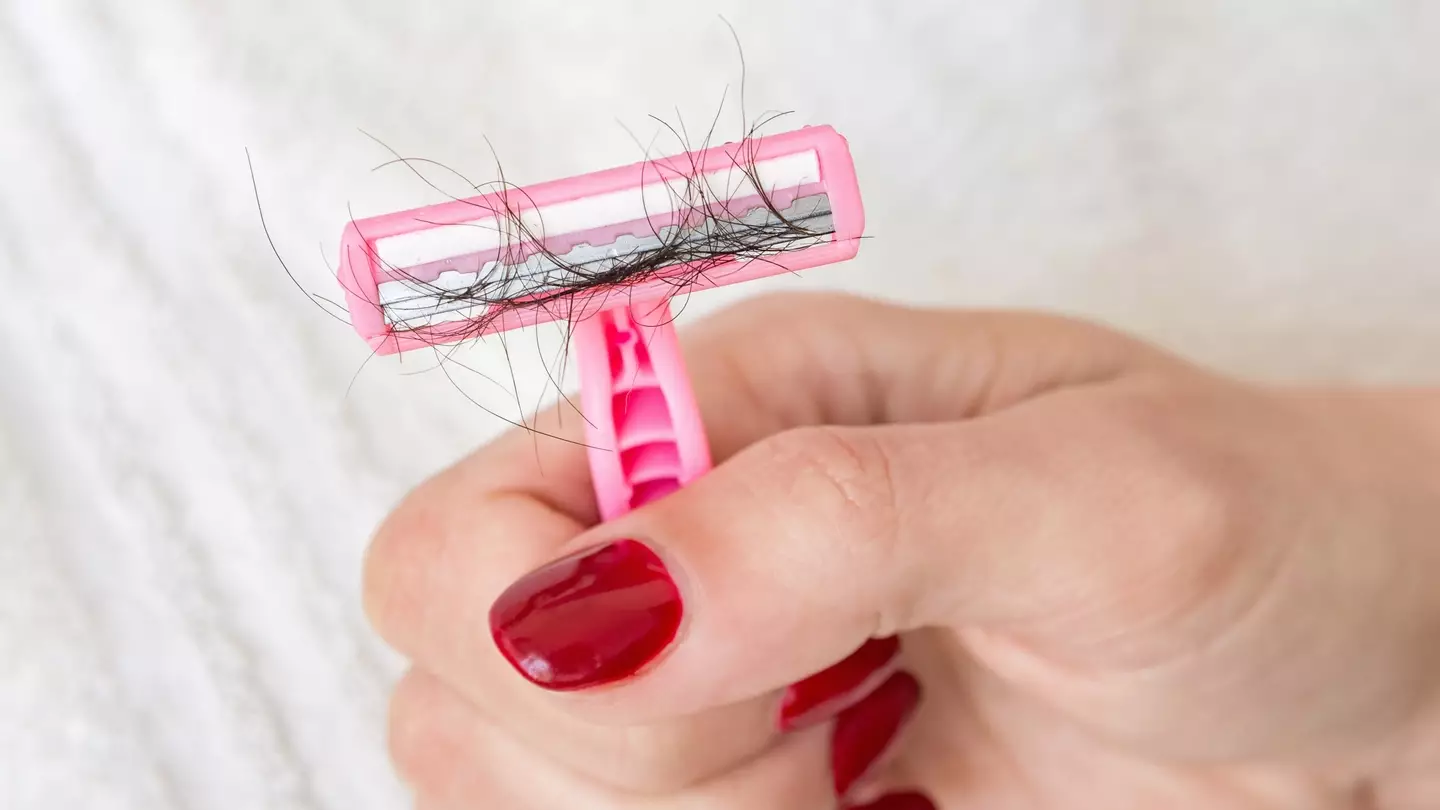
Life
The latest news, health, travel and lifestyle stories from around the world, all in one place.
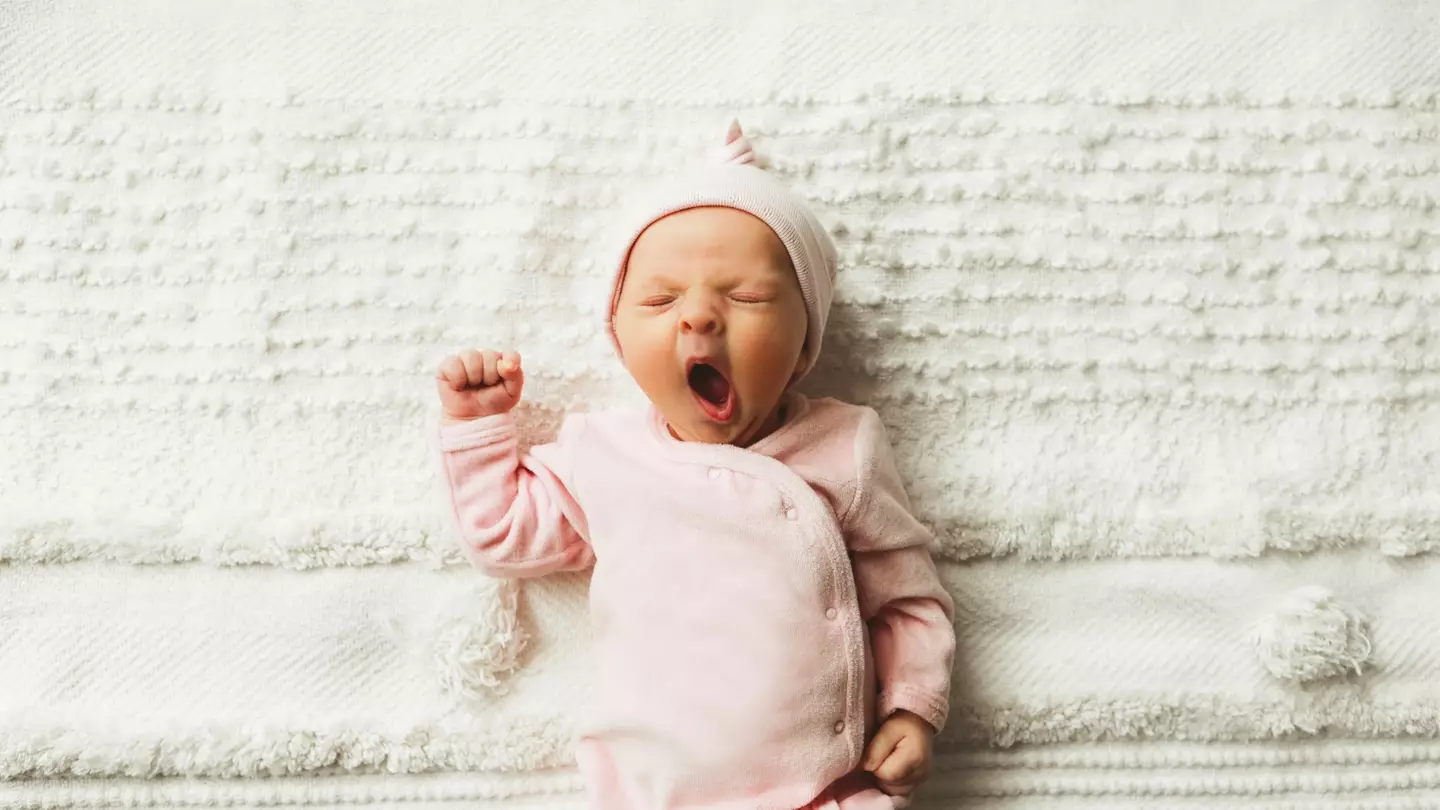
'Emma' and 'Liam' were last year's favourite among parents in the Big Apple
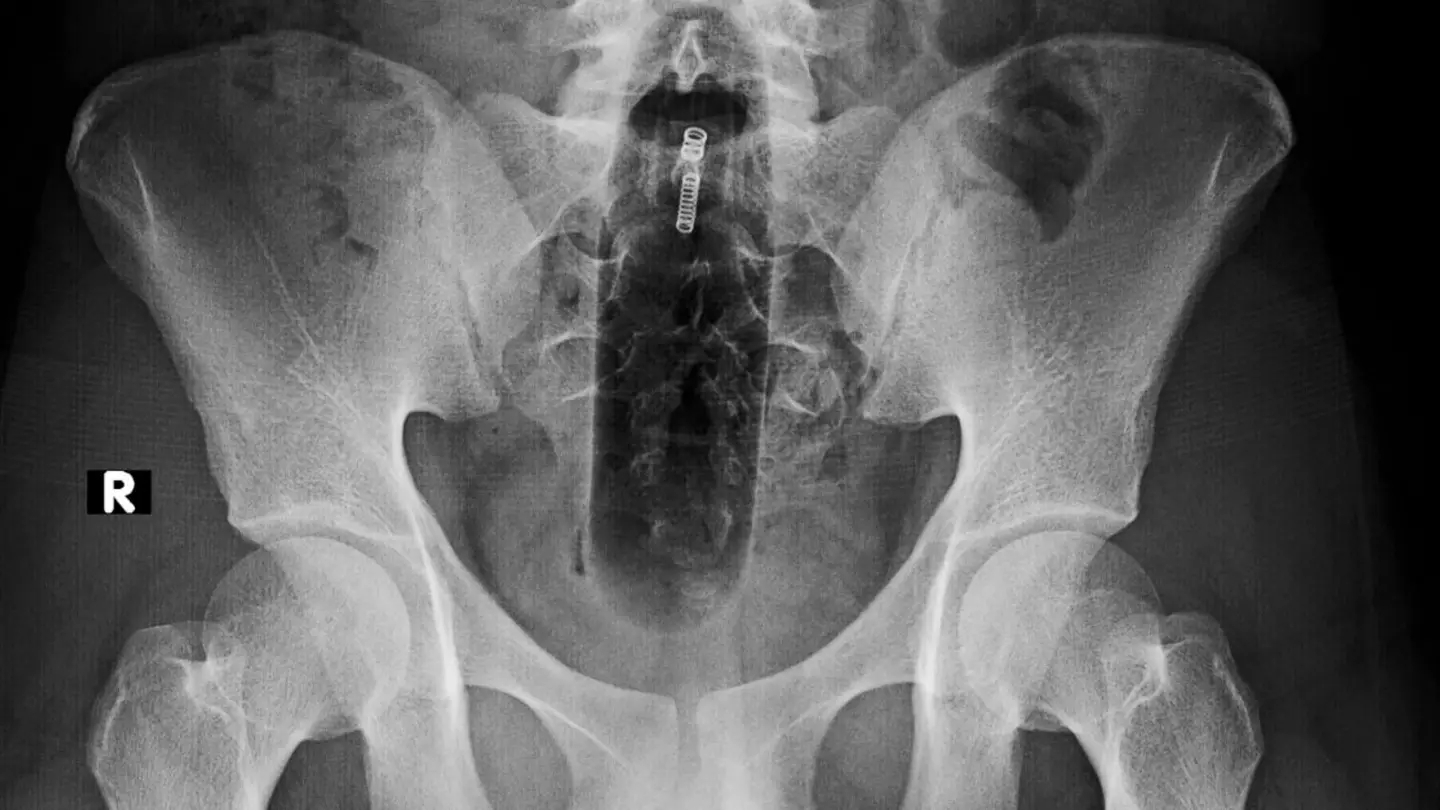
Yep, the government is actually keeping track of that
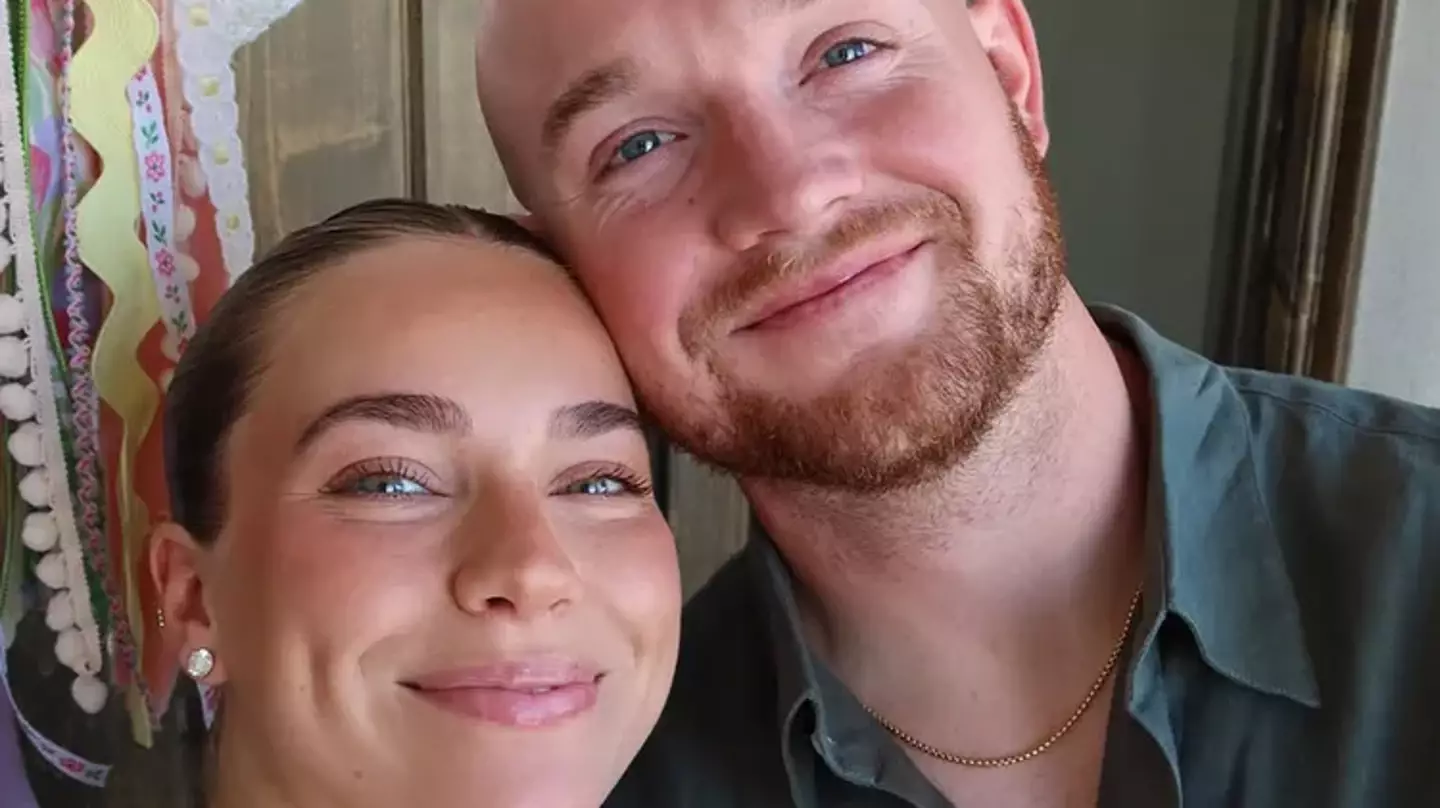
The American influencer tragically lost her son, Trigg, earlier this year

It's a pretty common moniker indeed
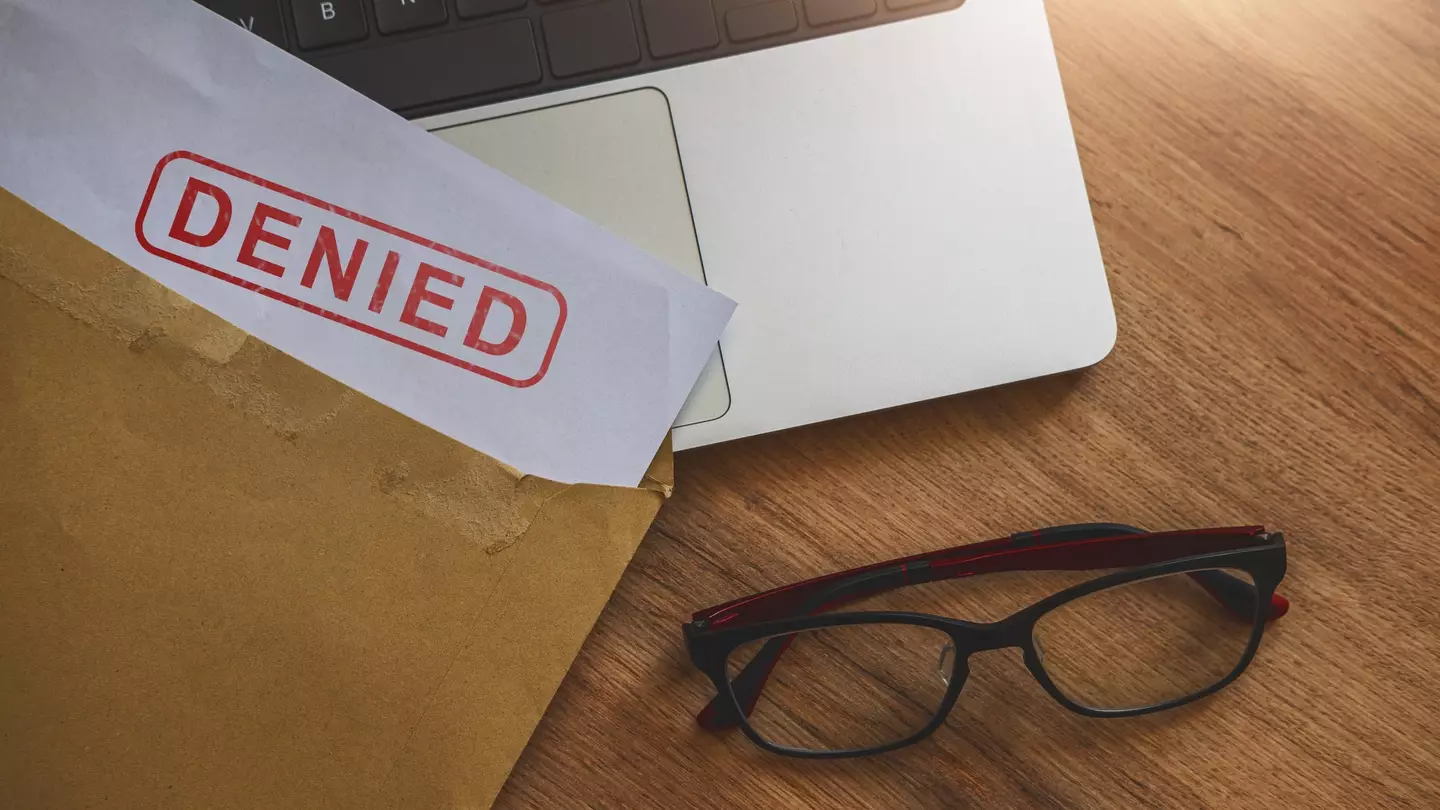
There aren't many rules around naming in the UK, but it's worth bearing them in mind just in case
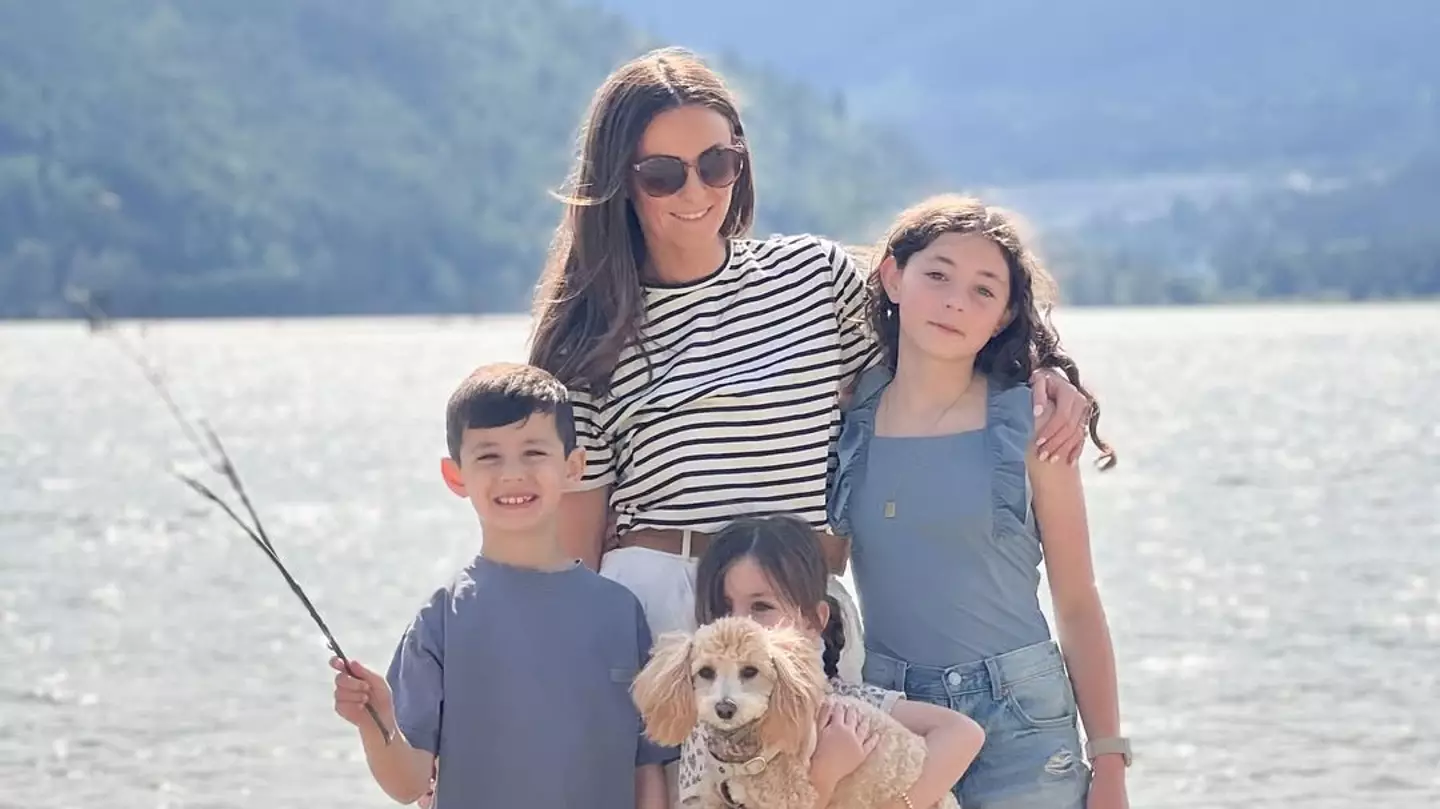
The social media star also lost her nine-year-old daughter Abigail last year

The health condition is unlikely to improve on it's own so it's important to seek help if you notice symptoms
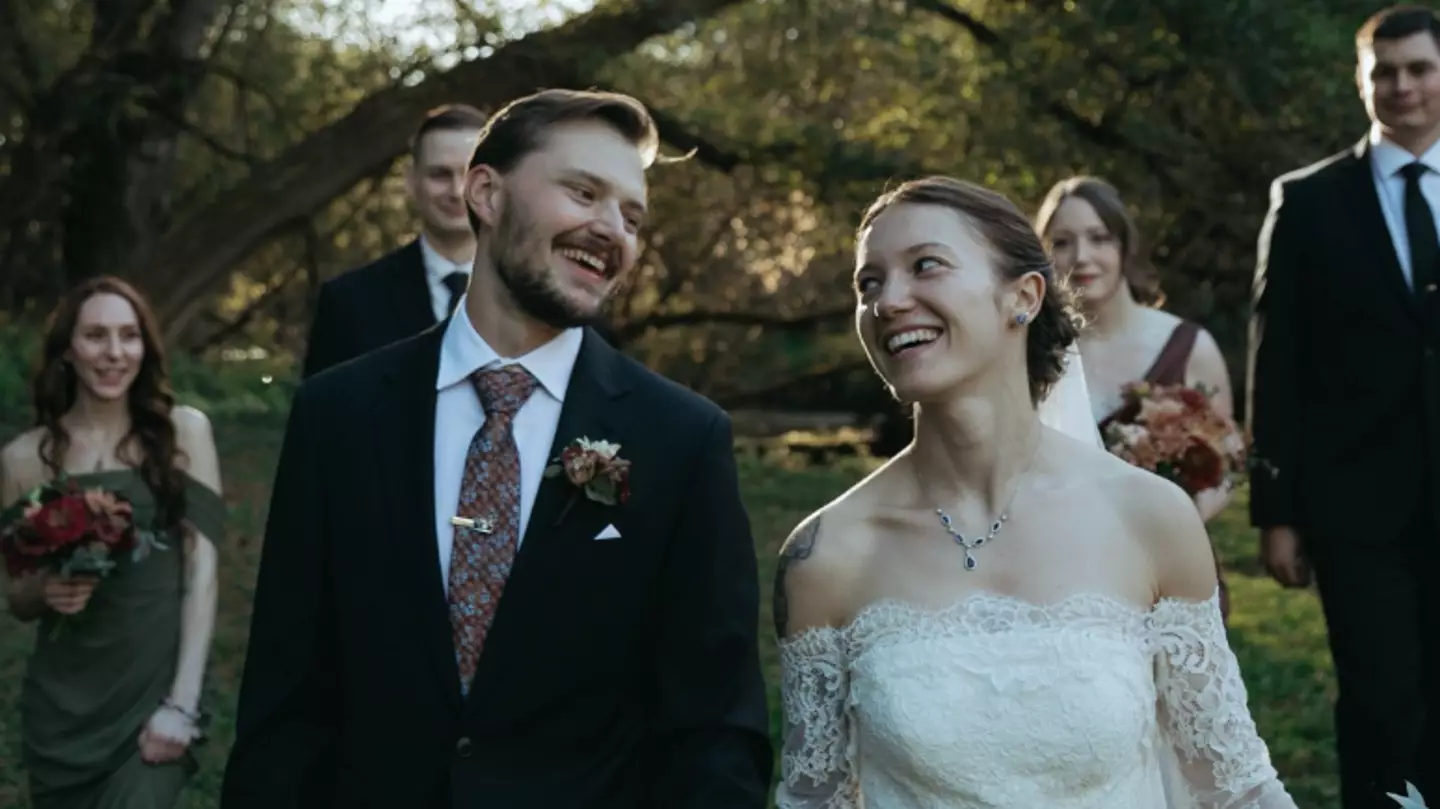
Many people feel the pressure to look a certain way for their wedding, and one woman is being praised for bucking the trend

Adenovirus primarily affects a person's upper and lower respiratory tracts
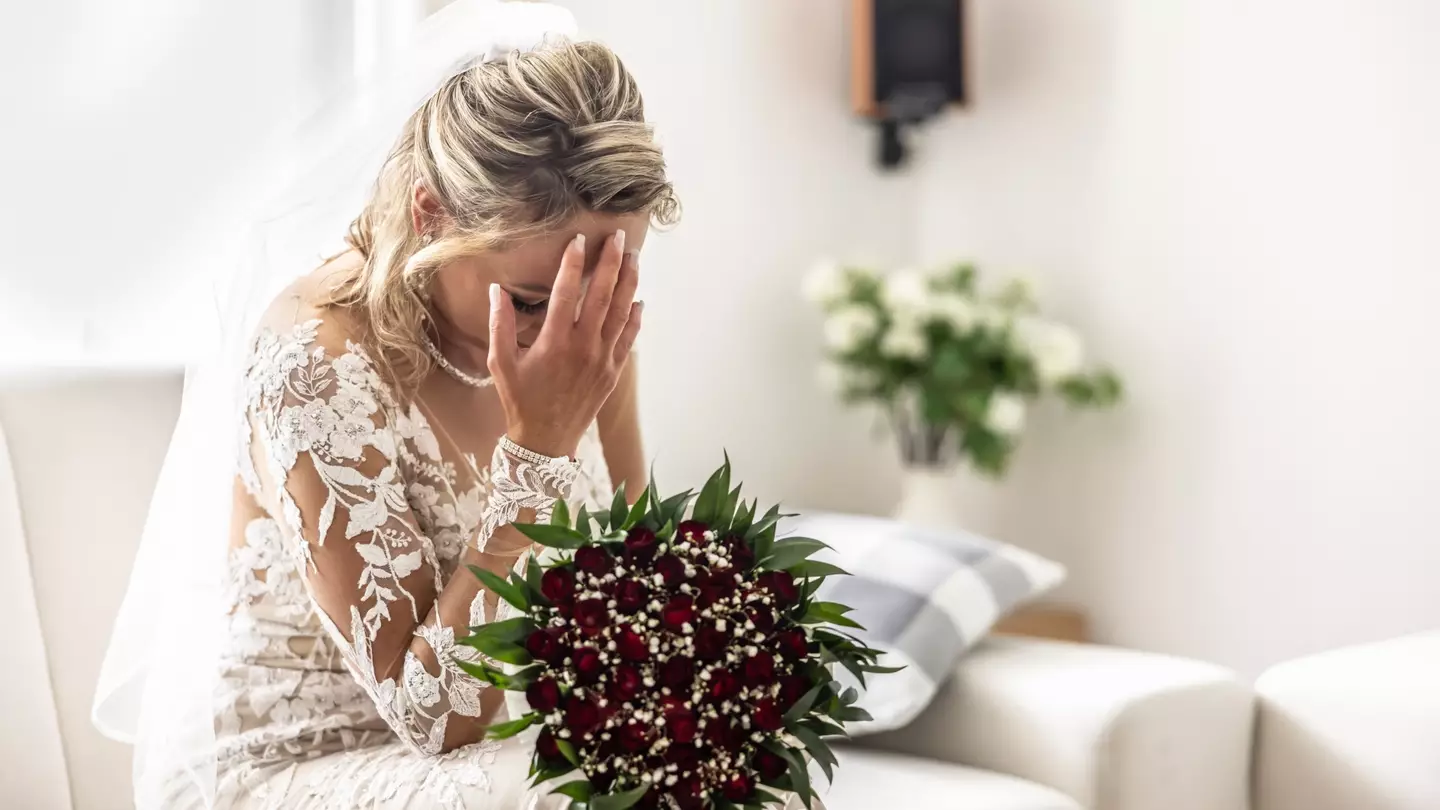
There are a few questions you can ask yourself to see if you're being future faked
.jpg)
If you've been feeling poorly, there's a high chance it might be adenovirus
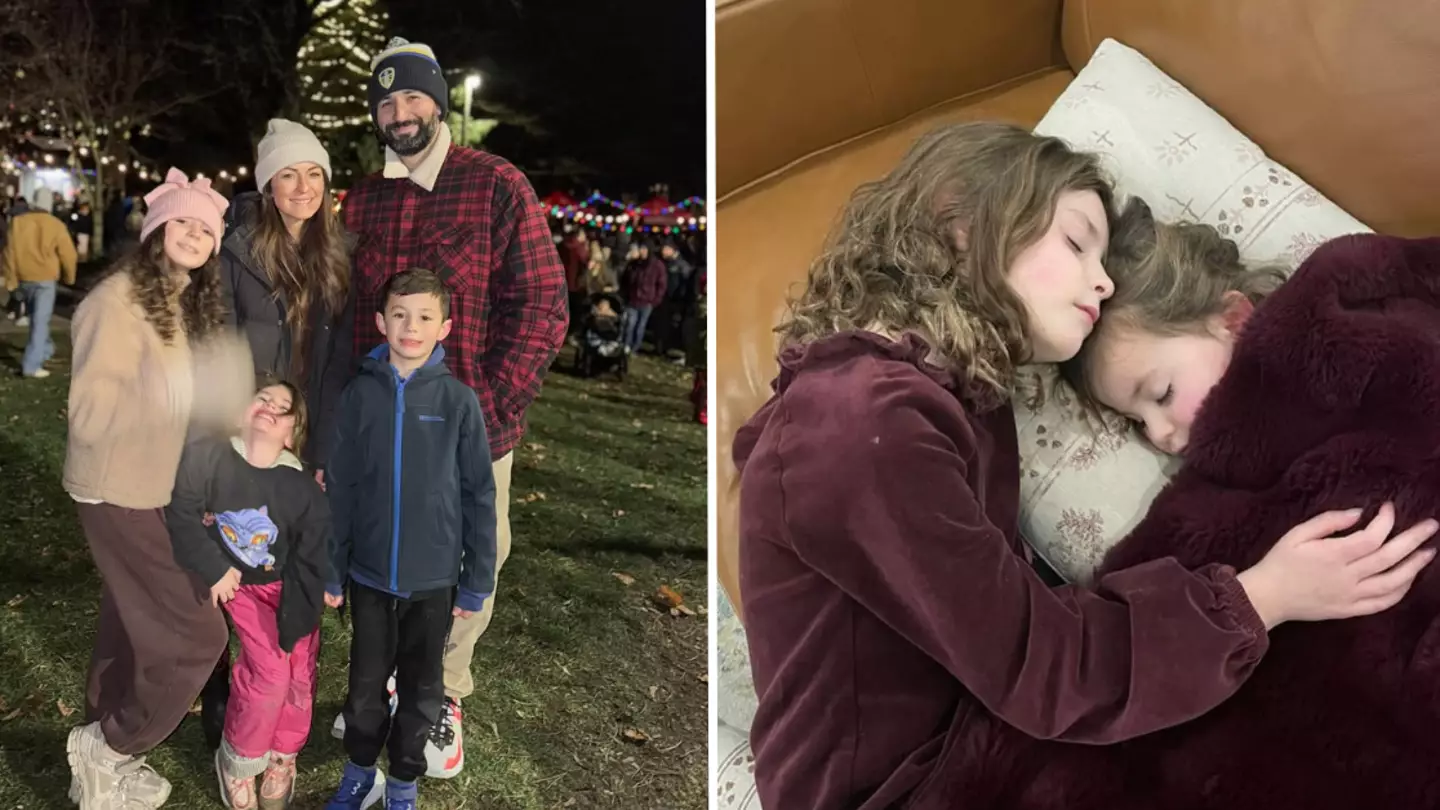
Molly passed away on Christmas Day
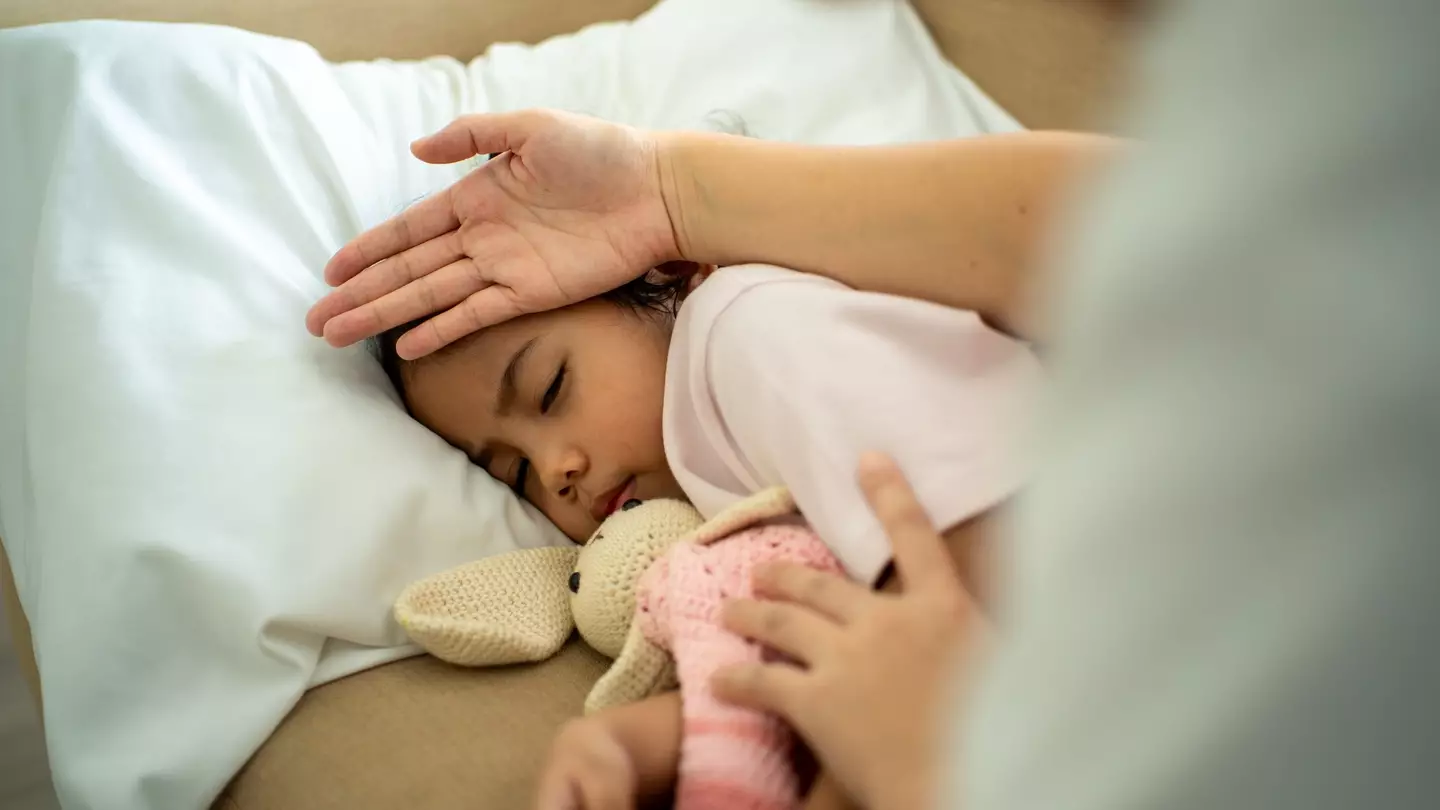
Adenovirus affects the upper and lower respiratory tracts, as well as other organs like eyes, kidneys and the gastrointestinal tract
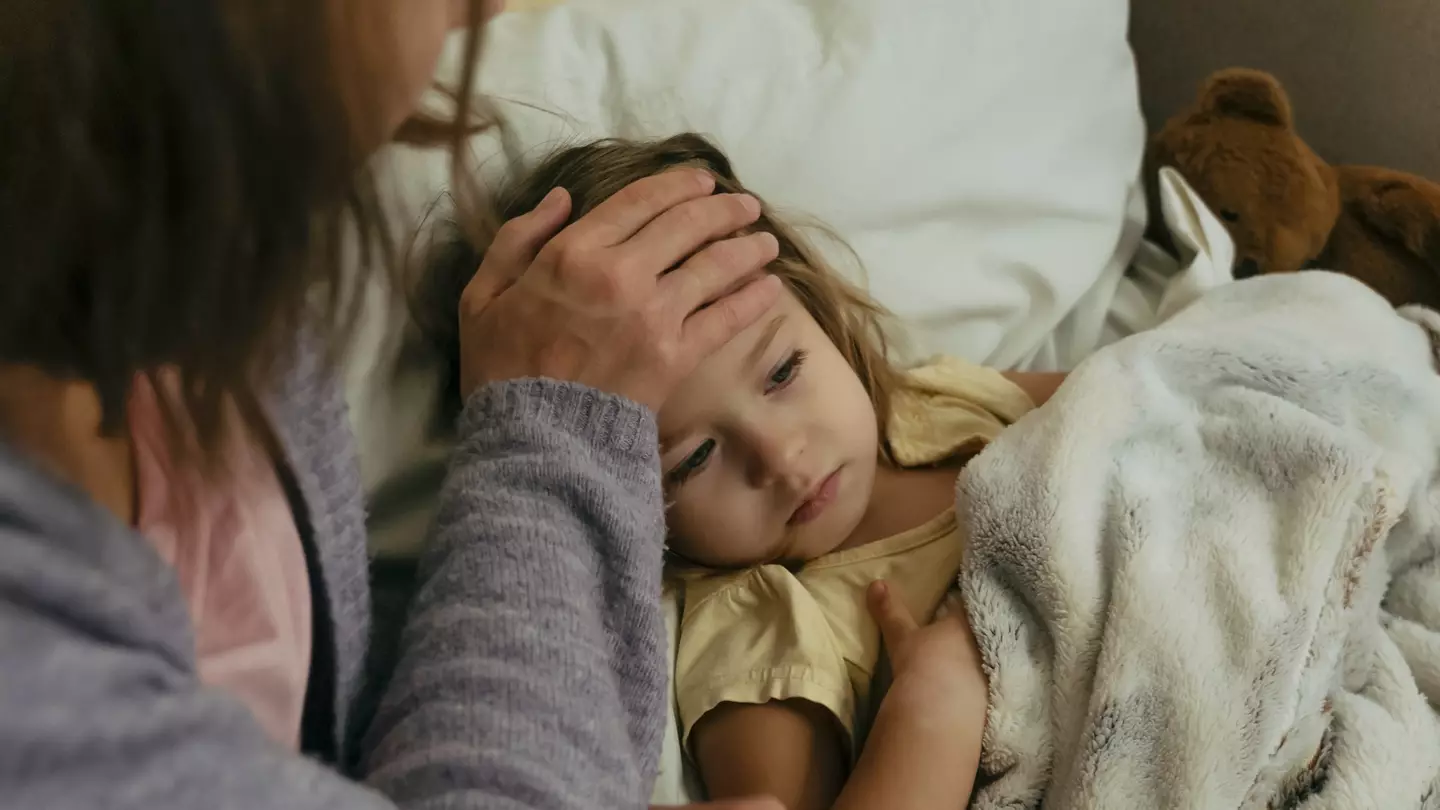
Are these what everyone has been coming down with over the festive period?

Can you guess what it is?
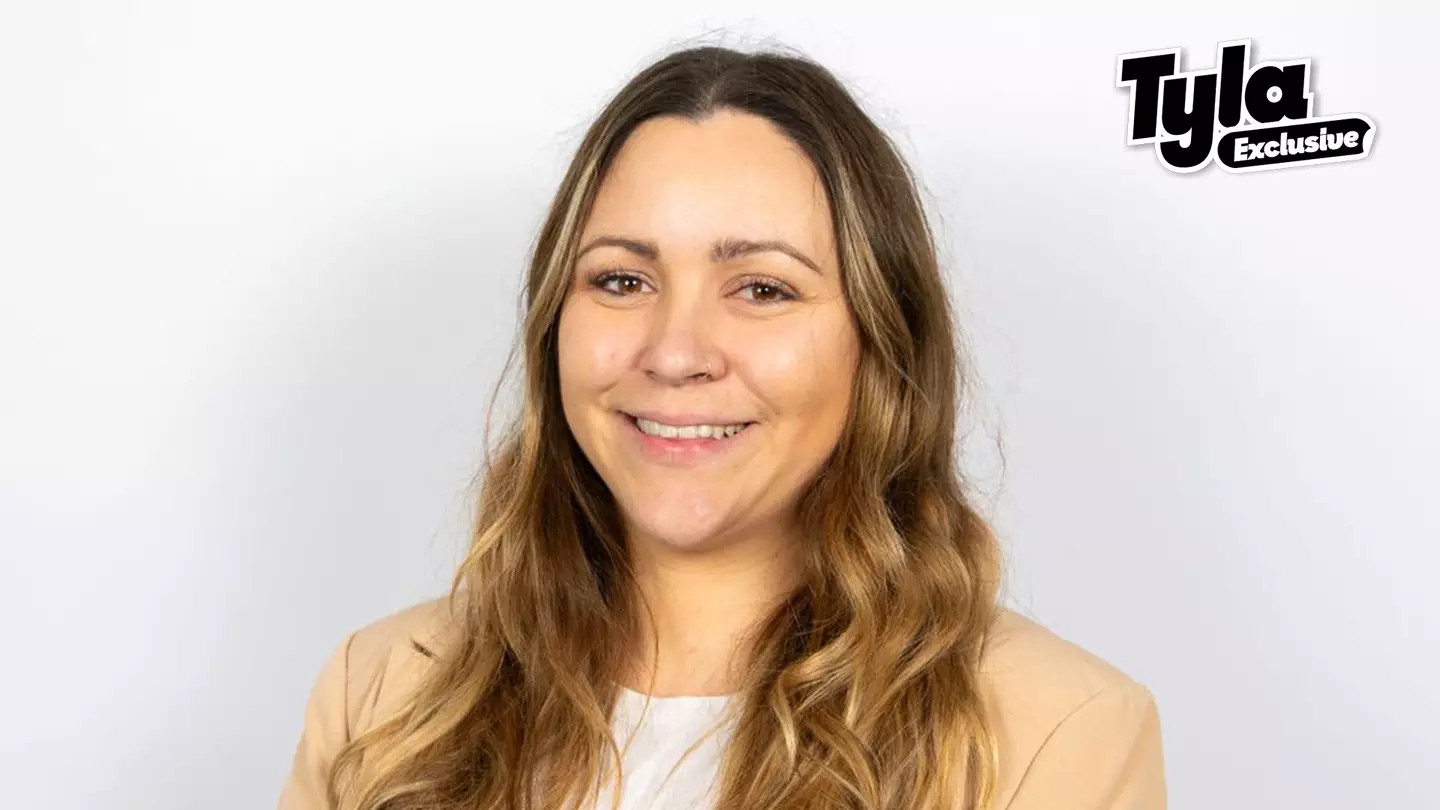
Jo is one of many women testing the theory that 'becoming a man' on the platform could impact visibility
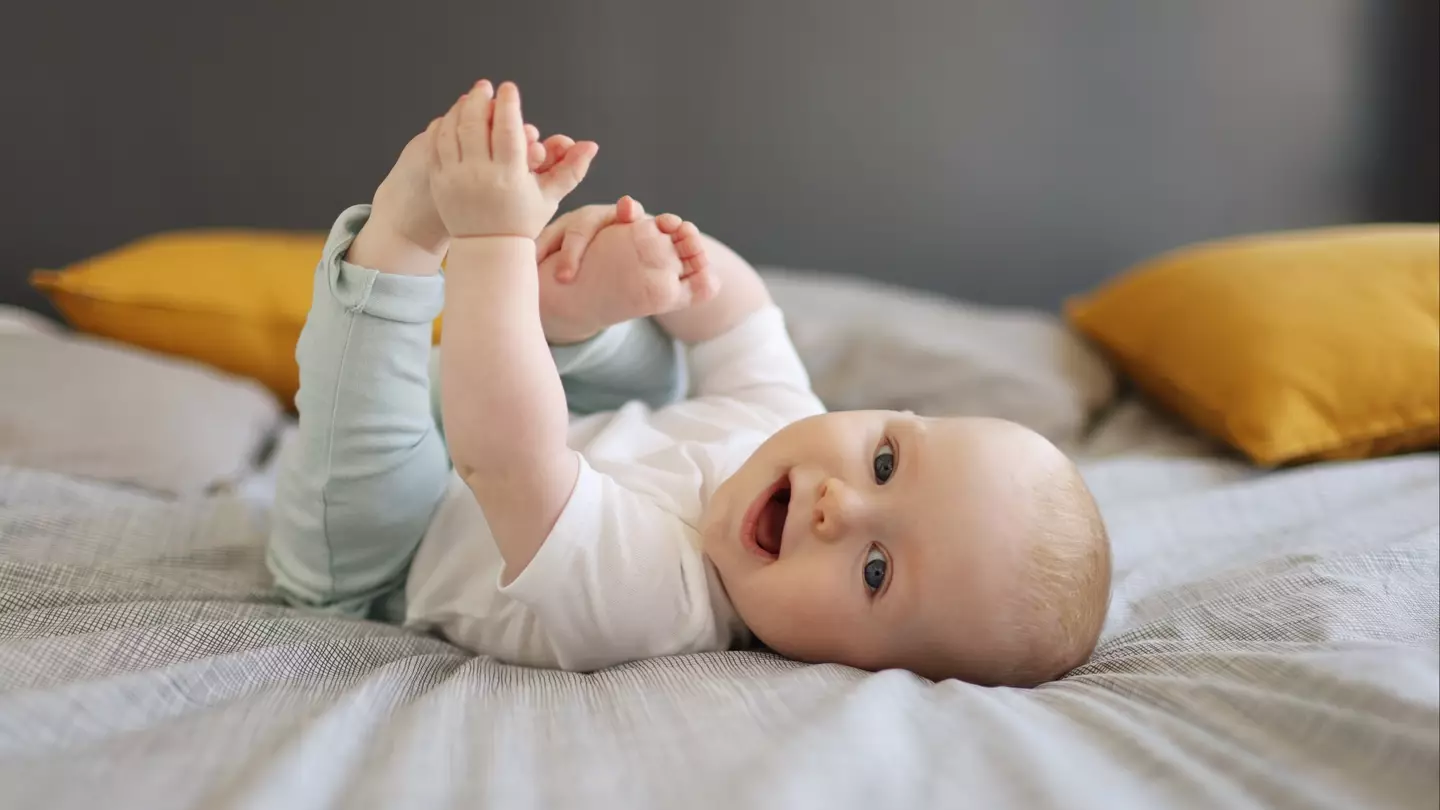
Chris Smith has learned a trick or two throughout his career when it comes to naming children

Pigs in blankets describe sausages wrapped in bacon and roasted in the oven

Bill Marler knows all too well the potentially fatal effects of consuming salad gone bad
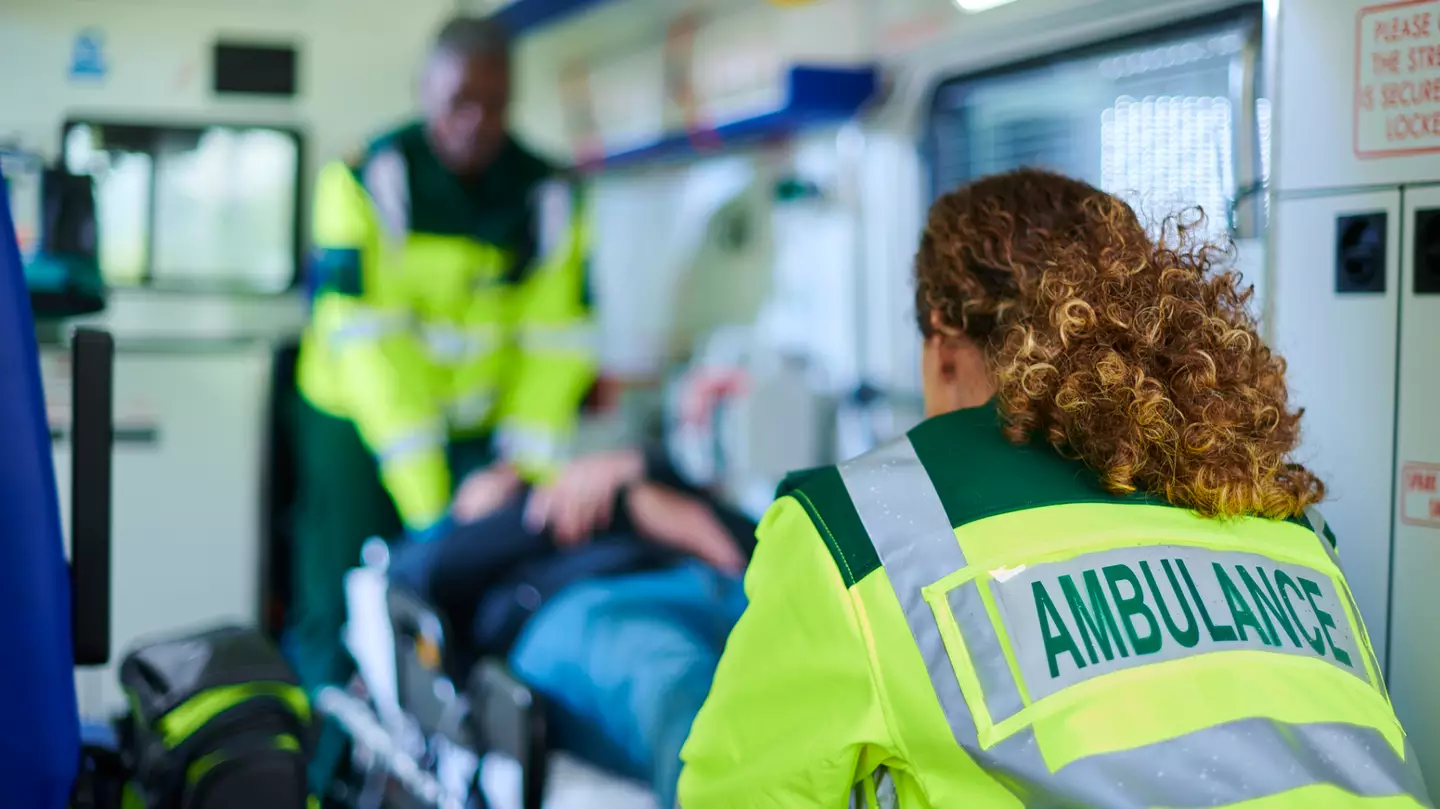
Festive celebrants should remain extra cautious on the big day
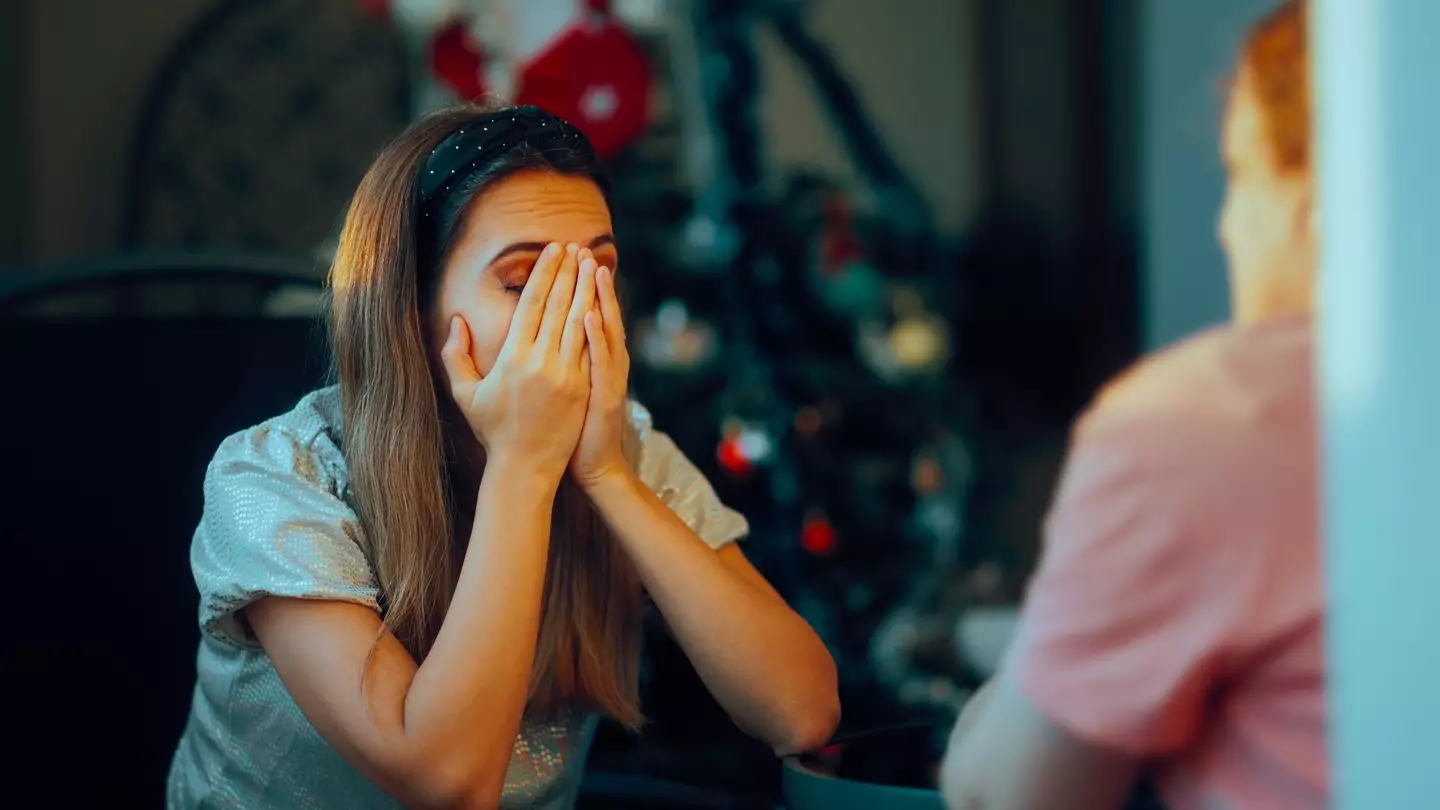
There's a few things that everyone hopes won't get brought up at Christmas, luckily this psychologist tells us how to cope with all of them

Adenovirus can infect a person's upper and lower respiratory tract, as well as their eyes, their gastrointestinal tract, and their kidneys

Mulled wine is warmed and seasoned with spices like cinnamon, cloves and star anise, as well as citrus fruits and a sweetener

Our bodies can be weird and wonderful at times

